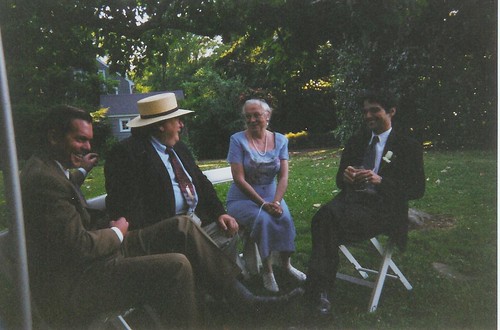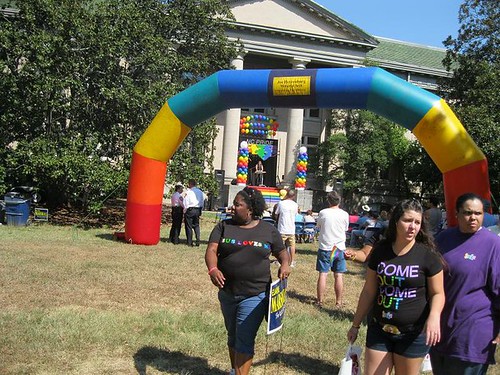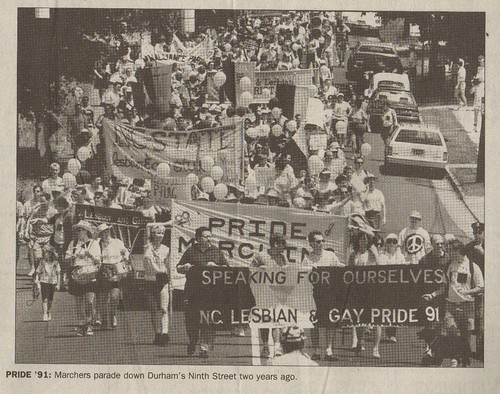Miami New Times, August 30, 2010By Chuck Strouse
Pretty much every word
Sean Rowe ever spoke was poetry. Even after he was hit by a train and survived.
I don't say that as praise. I'm not fawning. He just had a way about him.
He arrived in Miami in 1989 to work at the Miami Herald, where I was also employed. Back then, we tooled around town while he talked in a North Carolina lilt about love, redemption in the woods, and dozens of things he had no clue about but loved to describe. I think we planned to cover an Orange Bowl parade but never really made it. I liked listening to the guy blather, so I just kept driving.
Sean, who
died recently (nobody is really talking about details), left the Herald for New Times not long after that misadventure. He was a crazy man who provided much of the creativity that got this paper started in its early days. Everybody who was around here back then or knew Sean has a favorite story -- not only from the things he wrote, which were amazing, but also from the real-life adventures he led.
 Sean, Joe, Kathie Young and friend, late 90s
Sean, Joe, Kathie Young and friend, late 90s
The most famous one in New Times lore was Sean's departure from the Fort Lauderdale paper. At a party in the Himmarshee district, he was laying coins on a railroad track when a locomotive surprised him. He was thrown a long way and cracked a vertebra. He began assembling the plot to his novel on the way to the emergency room.
Fever is a novel you should buy. You won't regret it. Also, here are some
links to Sean's stories in Miami and New Times Broward-Palm Beach.
The last story I remember was him telling me about reading the New York Times to a bunch of prisoners in a North Carolina jail -- after he mooned the judge. Of course, he also wrote a pretty wonderful novel, Fever, and charmed the globe.
Sometimes the wheels rolled off Sean's wagon. He'd mount 'em again and keep moving forward. This time, there's no putting 'em back on, but what the heck -- the prose ain't dead.
###
Sean was one of Joe's close friends and traveling companions. In 1987, while a Morehead scholar at UNC-CH, Sean covered Joe's victorious Town Council campaign for Lambda, the CGLA newsletter. He became an author and award-winning journalist in Miami before returning to North Carolina. Recordings of Sean telling two stories at The Monti storytelling event in Chapel Hill are posted online. Friends gathered at Margaret's Cantina on Labor Day (Sept. 6) for a potluck dinner to remember him.










